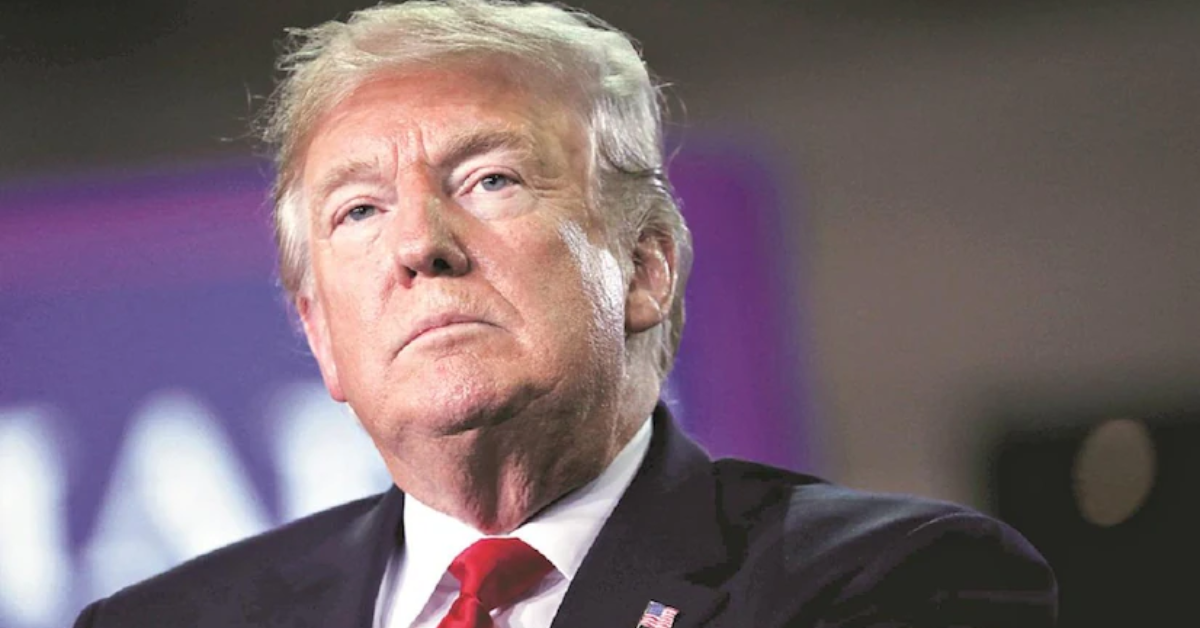Former President Donald Trump’s new plan for Medicaid is making headlines and sparking serious discussions across the country. Many healthcare experts, policy advocates, and regular citizens are worried about the potential consequences, especially for low-income families, seniors, and people with disabilities who rely on Medicaid for essential health services. As the 2024 election season heats up, Trump’s approach to healthcare is once again under the spotlight.
Trump has long voiced support for reshaping federal healthcare programs, and this time, Medicaid is a key focus. His proposed plan involves shifting Medicaid from its current structure—where the federal government matches state spending based on need—to a block grant system or per-capita caps. What does this mean in simple terms? Basically, instead of giving states funding based on how much care their residents actually use, the federal government would provide a fixed amount of money.
On the surface, the plan is meant to give states more “flexibility” in how they run Medicaid. Supporters argue that it could allow states to innovate and cut down on unnecessary spending. But critics see it very differently. They fear that this fixed funding model would lead to significant budget cuts over time, especially if healthcare costs rise or enrollment increases due to economic downturns or public health emergencies.
The concern here is that states may be forced to make tough choices—like cutting back on services, reducing eligibility, or limiting access to certain medications or treatments. In states with already limited healthcare infrastructure, this could mean even fewer options for people who already struggle to get care.
Another big worry is the potential loss of coverage. Medicaid currently covers more than 85 million people in the U.S., including children, pregnant women, seniors in nursing homes, and people with disabilities. Any major funding cuts could lead to millions losing access to care. According to a report by the Center on Budget and Policy Priorities, previous attempts at Medicaid block grants were projected to result in coverage losses and fewer benefits.
Healthcare professionals are also sounding the alarm. Many fear that under a capped funding model, hospitals, especially rural ones, could be overwhelmed or even shut down if states can’t afford to reimburse them for care provided to Medicaid patients. This could be particularly harmful during emergencies or pandemics.

The American Medical Association, as well as groups representing low-income families and disabled individuals, have issued statements urging lawmakers to reject proposals that would limit federal Medicaid funding. They argue that the program’s current design allows it to expand when needed—such as during the COVID-19 pandemic—and shrinking that ability could have devastating consequences in the future.
Adding to the controversy, Trump’s team has not fully explained how these changes would be implemented or how states would be held accountable for maintaining quality care. Critics worry that without strict federal oversight, some states might prioritize cutting costs over patient health.
The political response has been divided. Republican lawmakers who support the plan say it’s a necessary step to control spending and reduce the federal deficit. They argue that states know their populations better and can manage Medicaid more efficiently if given more control. But Democrats and healthcare advocates argue that it’s a step backward, one that could harm the most vulnerable Americans just to save money.
Public reaction has been strong. Social media is filled with personal stories from Medicaid recipients who fear they’ll lose access to life-saving treatments. Protests and rallies have already begun in some states, calling on elected officials to protect Medicaid.
As Trump continues to campaign, this Medicaid proposal could become a major topic in upcoming debates and town halls. Voters are being urged to pay close attention to how healthcare plans are presented and to ask tough questions about what they really mean in practice.
The debate around Medicaid is not just about policy—it’s about people’s lives. Whether you rely on Medicaid or not, changes to the program could affect healthcare systems, hospital funding, insurance costs, and emergency care in your state.








